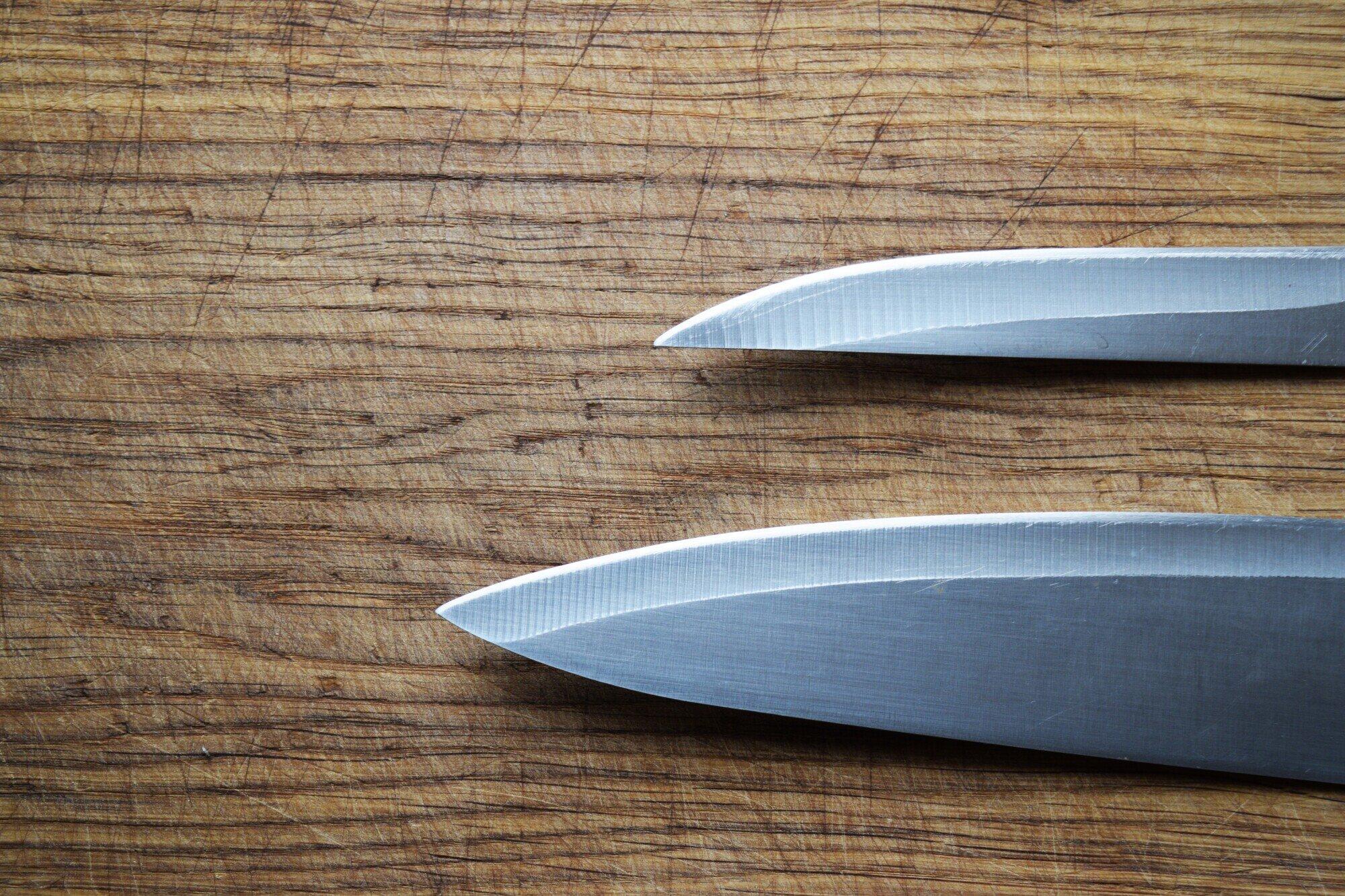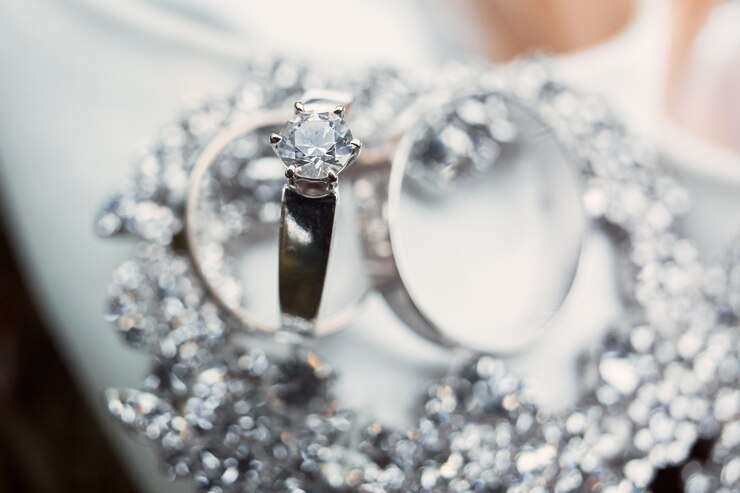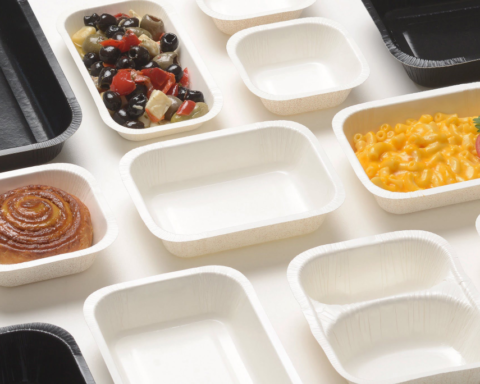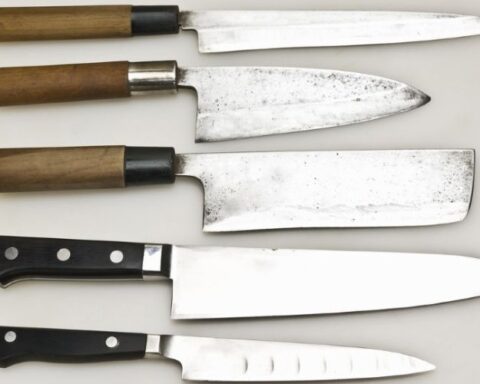Collecting knives can be an exciting and educational hobby for young enthusiasts. Whether you’re captivated by the craftsmanship, history, or practical uses, starting a knife collection is a fantastic way to explore your interests.
These collection tips are designed to help beginners understand the essentials of knife collecting, offering valuable tips and insights along the way. Read on to learn more.
Understanding Different Types of Knives
Before starting your collection, it’s essential to understand the different types of knives available. Knives can be categorized based on their blade shape, handle material, and intended use.
Pocket Knives
Pocket knives are small, foldable knives that can easily fit into your pocket. They are handy for everyday tasks like opening packages or cutting rope.
Fixed-Blade Knives
These knives have a blade that does not fold. They are often stronger than pocket knives and are used for more demanding tasks.
Kitchen Knives
Kitchen knives are designed for food preparation. They come in various shapes and sizes, each suited for specific tasks.
The Importance of Knife Safety
When starting a knife collection, it’s essential to understand the importance of knife safety.
Handling Knives Properly
Always hold a knife by its handle, never the blade. Make sure your hands are dry to prevent slipping. When passing a knife to someone, offer the handle, not the blade.
Antler handle knives are a unique and aesthetically pleasing category that showcases the beauty of natural materials in knife making.
Storing Knives Safely
Keep your knives in a designated place, such as a knife block or a drawer with a knife tray. This helps prevent accidents and keeps your knives in good condition.
Using Knives Responsibly
Only use knives for their intended purposes. Avoid pranks or showing off your knife skills to impress friends. Respecting the tool will ensure you and others stay safe.
How to Choose Your First Knife
When starting a collection, it’s essential to choose the right first knife. Look for a knife that fits your interests and budget. Consider factors like blade material, handle design, and intended use.
Consider Your Interests
Think about why you want to start collecting knives. Are you interested in military history, outdoor activities, or cooking? Your interests can guide your choices.
Set a Budget
Knives can range from a few dollars to several hundred. Decide how much you’re willing to spend before making a purchase.
Caring for Your Knives
Proper knife care and maintenance are crucial for preserving the quality of your knives.
Cleaning Your Knives
Regularly clean your knives to prevent rust and maintain their appearance. Use warm water, mild soap, and a soft cloth. Avoid soaking knives in water as this can damage the handle.
Sharpening Your Knives
A sharp knife is safer and more efficient. Use a sharpening stone or a knife sharpener to keep your blades in top condition. Follow the manufacturer’s instructions for the best results.
Storing Your Knives
Store your knives in a dry place to prevent rust. Use blade guards or knife rolls to protect the edges. If you have a display case, make sure it is secure and out of reach of younger children.
Understanding How to Start a Knife Collection
Starting a knife collection can be a rewarding and educational hobby. By following these tips, you can build a collection that reflects your interests and grows in value over time. Remember to prioritize safety, do your research, and connect with other collectors to enhance your experience.
For more helpful tips, check out the rest of our site today.
Keep an eye for more news & updates on Essential Tribune!








